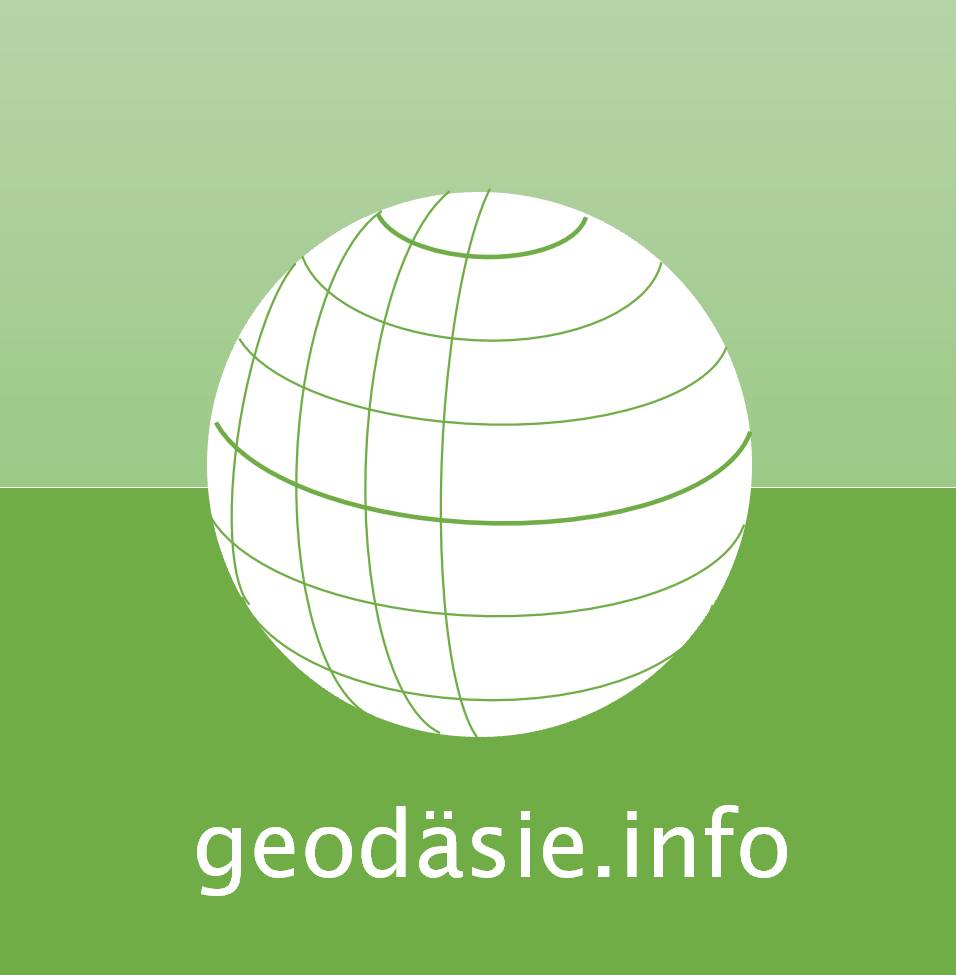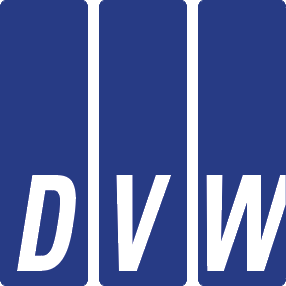Zusammenfassung
Summary
Cities as well as business companies and other organizations are facing digital transformation. This transformation process becomes visible through the concept of »smart cities«. Smart cities use information and communication technologies for a sustainable, social and ecological design of public space. Urban data has become a resource of high interest for a multitude of applications. Examples therefore are urban mobility, environmental and climate protection, waste management, resource-saving use of energy and the provision of city administration services. Smart services, smart data, digital networking, interactive load management and 3D city modelling are terms that stand for the future tasks of a digital economy and society. If high-tech strategy fields such as »innovative working environment« and »civil security« are integrated into the Smart Cities process, an enormous range of areas of expertise will emerge that require close cooperation and interlinking of various specialist fields, as well as the involvement of important players from business, administration and planning. In order to take this bandwidth into account, a project was launched at the HFT Stuttgart which addresses the challenges in this context in six fields of activity. This article provides an overview of the various fields of activity and then focuses on the contribution of surveying and geoinformatics in the field of sustainable mobility.

